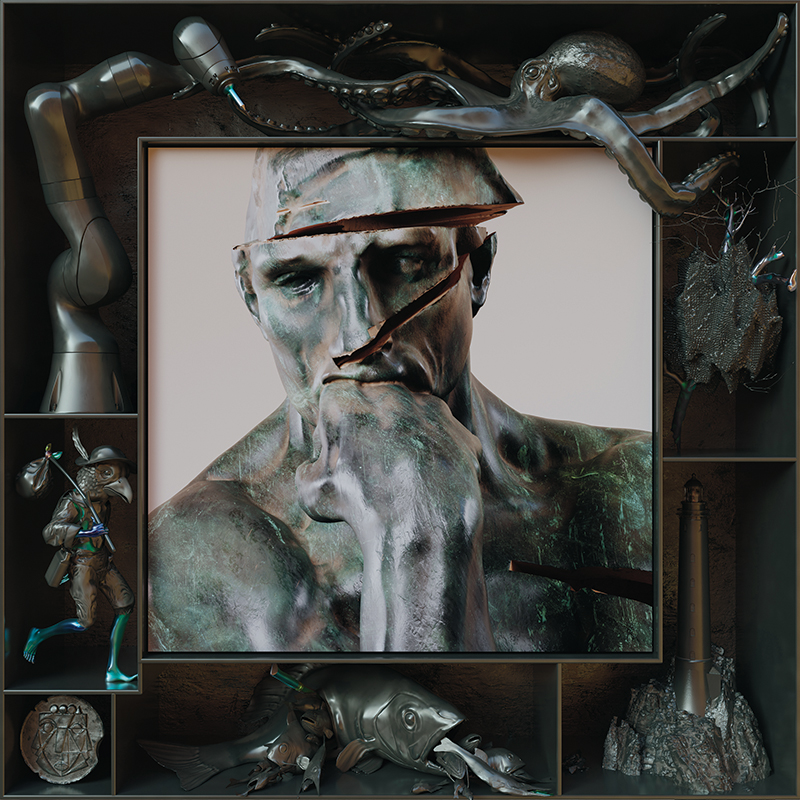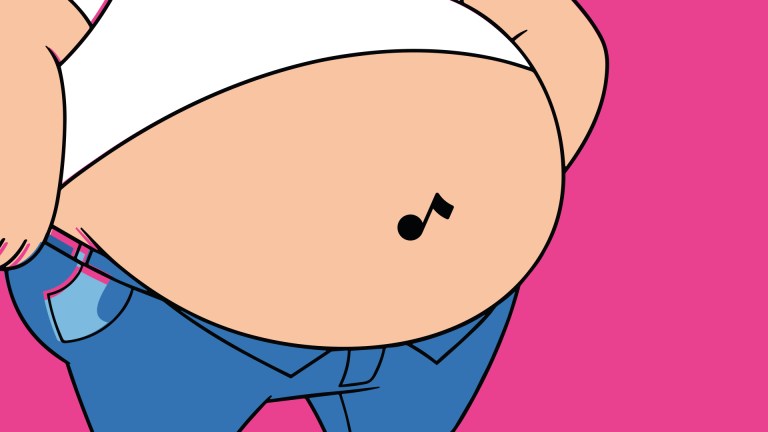Electronic producer and musician Mark Pritchard first met Thom Yorke in 2012 in Australia via his friend Clive Deamer, who was touring as Radiohead’s second drummer. Pritchard had already remixed “Bloom” for the band the year before, but it was in Sydney, where Pritchard had relocated, that collaborative ideas started to percolate. Yorke and other members of the band went to see Pritchard perform in a club. It was there that he became acutely aware of not only how big they were but also how deeply uncomfortable they were in the spotlight.
“I met them as they came into the bar,” recalls Pritchard. “I could see people clocking him [Yorke] and then people started coming up. It was fine for a while, but then eventually it became impossible so we had to get them backstage out of the way.”
- The Smile just made the best Radiohead album Radiohead never made
- Colin Greenwood: ‘I never let my brother Jonny forget it was me that got him into Radiohead’
- Radiohead legend Philip Selway takes us on a Strange Dance
In the calm of a restaurant the following night, Pritchard and Yorke discussed collaborative options and “Beautiful People” from the former’s 2016 album Under the Sun became a dry run. The pandemic lockdowns became the catalyst for Tall Tales, the glitchy and itchy hour of electronic music they created together in grabbed moments over a four-year period.
Fittingly the album is released by Warp Records, whose pioneering acts like Aphex Twin and Autechre were a major influence on Radiohead as they broke free from the shackles of rock and moved into the more abstract, textured and experimental sounds on 2000’s Kid A album and beyond.
Pritchard originally envisioned an album featuring a multitude of guest vocalists, with Thom Yorke just one voice among many. Then he started to write with Yorke’s voice in mind. In an ‘all-or-nothing’ move, he emailed a file of around 20 tracks to Yorke in the UK, who pounced on the bare bones of what became “Happy Days”, recording vocals to Prichard’s compositions. The stop-start dynamics and remote working conditions stretched across time zones is more suited to electronic music than rock band dynamics. However, with nuance getting lost and miscommunication becoming exponentially more likely over email, the two started having Sunday Zoom calls to bring focus.
“The Zoom meetings definitely made it a lot easier,” says Pritchard. “But the record [still] took a long time. It was long – even for me.”










